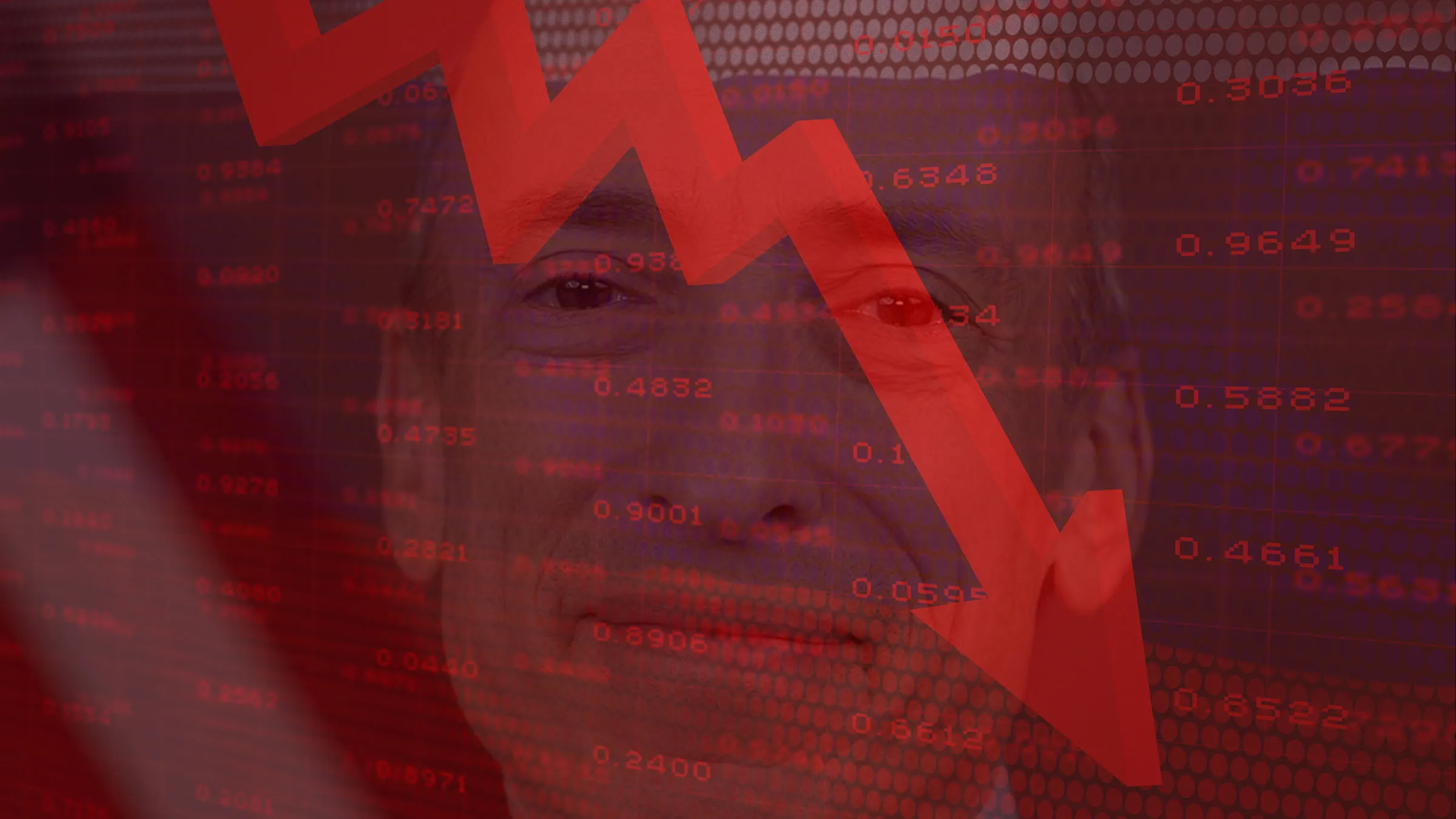
Crypto markets crashed hard this week on news that the U.S. Securities and Exchange Commission had launched enforcement actions against Binance on Monday, followed by Coinbase the next day—both sued for allegedly operating as unregistered securities exchanges. The pair are the two largest crypto exchanges in the world—and the entire industry took notice.
Market leaders Bitcoin (BTC) and Ethereum (ETH) sustained among the lighter losses among leading coins. Bitcoin depreciated by nearly 6% over the seven days to trade at $25,624 on Saturday. Ethereum fell 8.5% over the same period and currently changes hands at around $1,738.
Binance’s native BNB coin crashed 23% over the week to hit $236.
Huge losses of over 30% were felt by holders of Cardano (ADA), Solana (SOL), and Polygon (MATIC). These three cryptocurrencies were all cited as securities in the SEC’s lawsuit against Binance.
Leading cryptocurrencies that lost between 20% to 30% of their value this week include Litecoin (LTC), Avalanche (AVAX), Shiba Inu (SHIB), Uniswap (UNI), Chainlink (LINK), and Cosmus Hub (ATOM).
Every unbacked cryptocurrency in the top thirty by market capitalization depreciated in value this week.
Crypto giants under fire
Binance immediately responded to the SEC’s lawsuit by calling the regulator “unreasonable” and claiming it is “disheartened” by the agency’s use of “blunt weapons of enforcement.”
The response of the entire market followed that day, plummeting 3.6% overnight and, in a foreboding note, Coinbase’s stock price also tumbled on news of Binance’s woes and continued to tumble when the Coinbase lawsuit hit the press the next day.
Later on Tuesday, SEC Chairman Gary Gensler said that the crypto industry’s entire business model is “built on non-compliance” and in a damning CNBC interview, said: “We don’t need more digital currency.”
A multi-state task force comprising California, Illinois, Kentucky, Maryland, New Jersey, South Carolina, Vermont, Washington, Wisconsin along with Alabama jointly filed charges against Coinbase that same day for violating securities laws through its staking service, repeating one of the SEC’s allegations against the exchange.
Coinbase’s chief legal officer Paul Grewal was in DC to speak at a hearing on the Digital Asset Market Structure Discussion Draft when news broke of the enforcement action. He strayed briefly from his prepared remarks and called the lawsuit “disappointing, but not surprising” and said Coinbase would continue “business as usual."
He also accused the agency of a “reliance on enforcement-only approach” and called for Congress to adopt a draft bill laying out a regulatory framework around cryptocurrency transactions.
It was a remarkably busy day at the SEC on Tuesday. In addition to the Coinbase lawsuit and Gensler’s CNBC appearance, the leading U.S. securities regulator also filed an emergency motion that day requesting court permission to seize Binance.US’s assets.
The U.S. Court of Appeals for the Third Circuit must have appreciated the urgency this week, because on Wednesday it finally responded to a public petition Coinbase had filed to the SEC way back in July, asking it to clarify its rules on which digital assets constitute securities offerings. The court gave the SEC seven days to clarify its position.
That same day, the SEC filed court documents alleging billions of dollars of Binance-related funds routinely flowed through Signature Bank and Silvergate Bank for years. The regulator further alleges that Binance entities commingled funds and funneled them to a Paxos affiliate through accounts held by Merit Peak, an entity controlled by Changpeng Zhao that is described as an over-the-counter trading desk and a proprietary trader of digital assets.
Also that day, Binance.US pulled over forty trading pairs, the bulk of them including Tether’s dollar-pegged stablecoin USDT, which has previously been the subject of scrutiny over the nature of the assets backing it up. On Friday, the exchange transitioned to “crypto-only” operations, suspending U.S. Dollar deposits and withdrawals.
But the plot really thickened when it came to light that arch-nemeses Gary Gensler and Changpeng Zhao have a history.

